It is safer to be silent than to reveal one's secret to any one, and telling him not to mention it
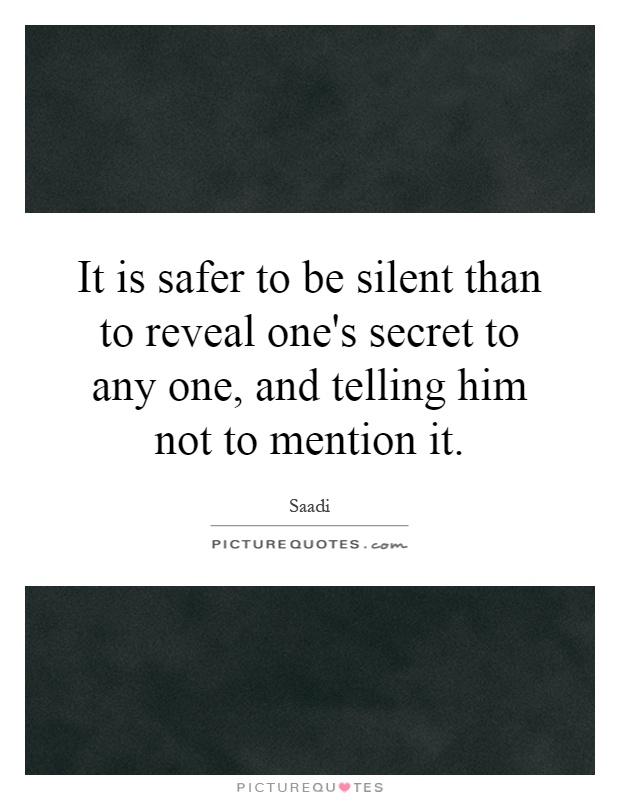
It is safer to be silent than to reveal one's secret to any one, and telling him not to mention it
In the context of the famous Persian poet Saadi, the idea that it is safer to be silent than to reveal one's secret to anyone holds particular significance. Saadi was known for his wisdom and insight into human nature, and his writings often explored the complexities of human relationships and the importance of discretion.Saadi understood the power of secrets and the potential consequences of revealing them. In his work, he often emphasized the value of keeping one's thoughts and feelings to oneself, especially when it came to matters of personal importance. He believed that sharing secrets with others could lead to betrayal, gossip, and ultimately, harm.
One of Saadi's most famous works, "Gulistan" or "The Rose Garden," contains many stories and parables that illustrate the importance of discretion and the dangers of revealing secrets. In one story, a man confides in his friend about a secret he has been keeping, only to have that friend betray him and spread the secret to others. The man learns the hard way that it is indeed safer to be silent than to reveal one's secrets to anyone.
Saadi also believed in the power of words and the impact they can have on others. He understood that once a secret is shared, it can never truly be taken back, and the consequences of revealing it can be far-reaching. In his writings, he often cautioned against the dangers of gossip and urged his readers to think carefully before speaking.


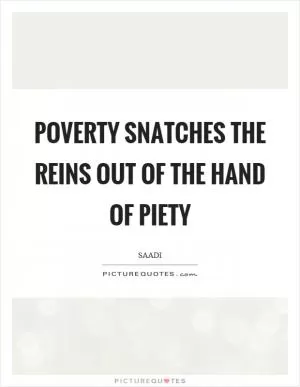
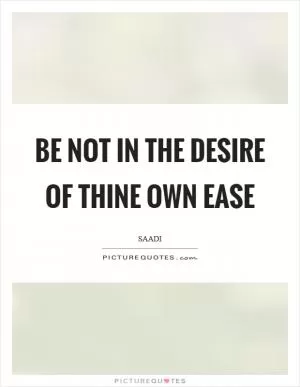

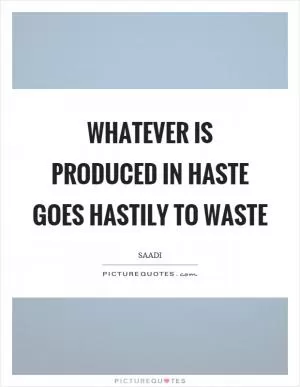

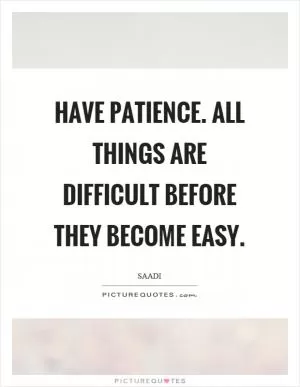
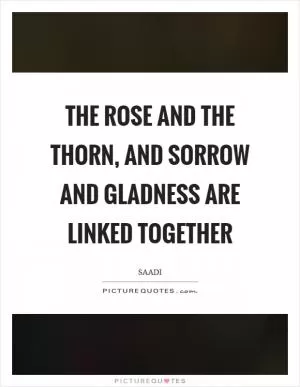

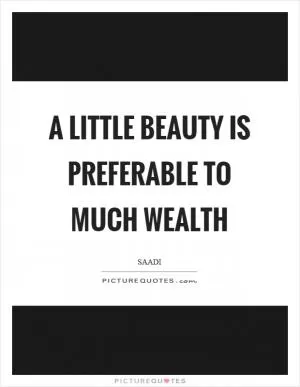
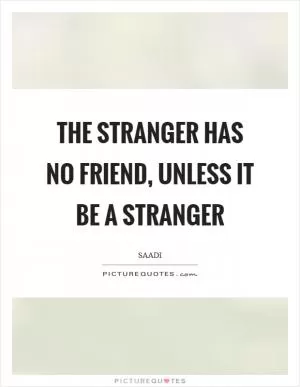
 Friendship Quotes
Friendship Quotes Love Quotes
Love Quotes Life Quotes
Life Quotes Funny Quotes
Funny Quotes Motivational Quotes
Motivational Quotes Inspirational Quotes
Inspirational Quotes